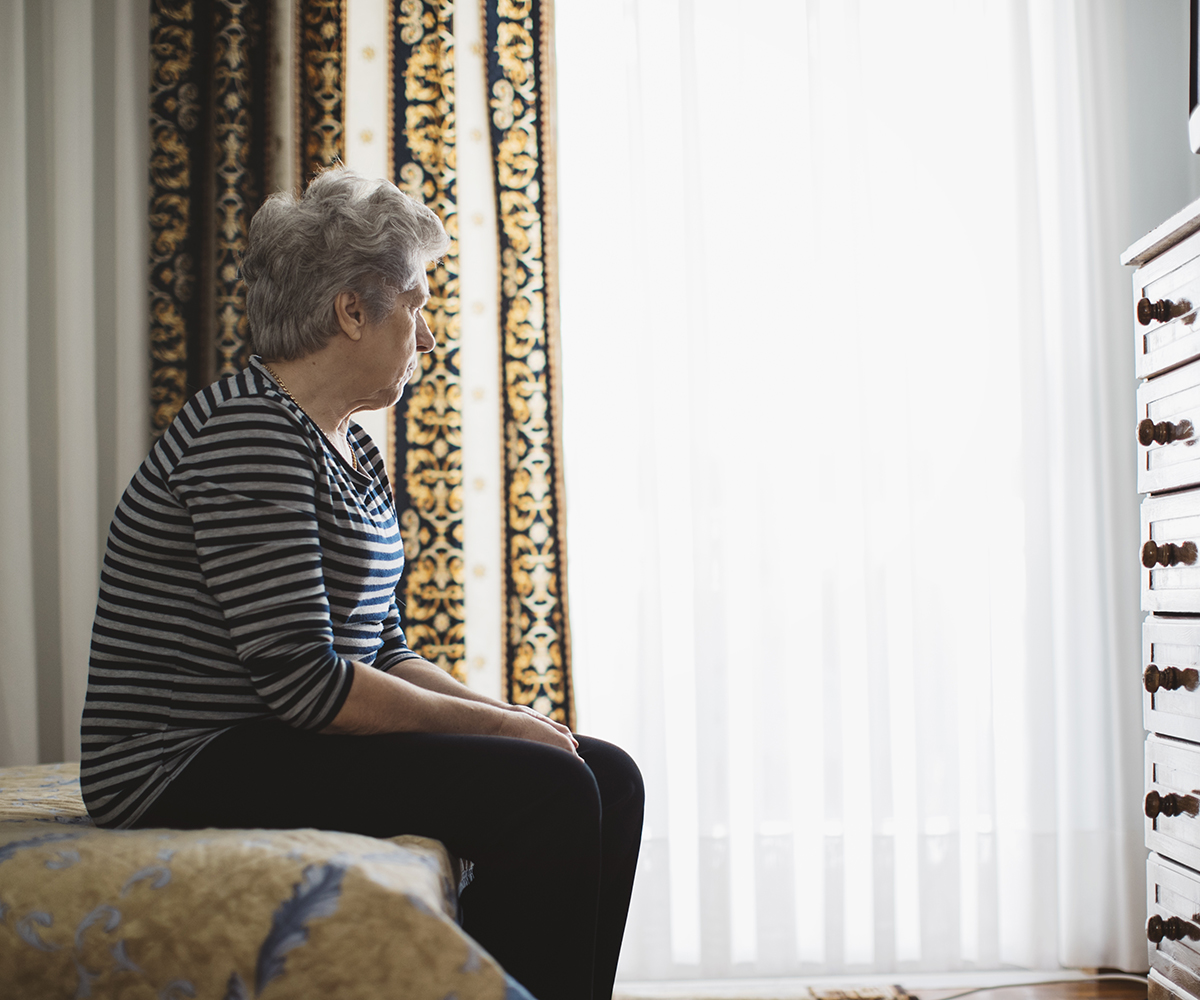Heart disease is the number one killer of women in New Zealand.
Here, we look at the latest research about heart health, and speak to Associate Professor Melinda Carrington, Head of the Pre-Clinical Disease and Prevention Unit and cardiologist, Professor Tom Marwick, from the Baker Heart and Diabetes Institute to see what you can do to improve your odds…
You can be slim and still be at risk of heart problems
If you have a family history of heart disease, being slim isn’t enough to protect you from heart attack or stroke.
Because if your mum, dad or a sibling has a heart attack before 60, that means your risk of heart attack is increased, too.
“And you can be slim but have high cholesterol due to your genes,” says Associate Professor Carrington.
What to do: If you have a family history of heart problems or high cholesterol, speak to your GP about changes that can reduce your risk of poor heart health.
Your GP may also recommend medication if you have high cholesterol.
The number one risk factor for heart disease is high blood pressure
High blood pressure is called the ‘silent killer’ because you often may not know you have it.
“Yet it is a bigger risk factor for heart problems than obesity,” says Associate Professor Carrington.
Blood pressure can be influenced by family history, too much salt or alcohol in your diet, being overweight and a lack of exercise. The good news is that medications can help control it.
What to do: When you see your GP for a check-up or for another health issue, get your blood pressure checked, too.

Sleep matters
“People who are sleep deprived are often stressed and then the body releases stress hormones like cortisol and adrenalin. These hormones drive up blood pressure,” explains Professor Marwick.
People over the age of 45 who sleep less than six hours have double the risk of stroke or heart attack than people who sleep for longer.
What to do: Aim for seven or eight hours of sleep each night.
Hormone replacement therapy (HRT) could be good for your heart
HRT has been controversial but it may lower the risk of atherosclerosis – the build-up of plaque that damages and blocks the heart’s arteries.
Research has found women using HRT are 30 per cent less likely to die than menopausal women who don’t use HRT and they were 36
per cent less likely to have signs of high heart attack risk.
What to do: If you are menopausal, discuss the possible benefits of HRT for your heart health.
You can have a heart attack and not even realise it
“Half of all heart attacks are silent – they happen without women realising it because women can have different symptoms to men. Women don’t always get crushing chest pain,” says Associate Professor Carrington.
Up to 40 per cent of women don’t have that classic heart pain, according to the Heart Foundation.
What to do: Recognise the signs of heart attack for women – shortness of breath, pain in the jaw or back, nausea, clamminess and fatigue. If you experience possible symptoms, call 111.

Your five-a-day should be eight
The risk of dying prematurely from health problems drops by almost a third, and the risk of dying from heart disease drops by a quarter, if you have 800g of fruits and vegetables a day.
What to do: Apples, pears, citrus fruit and leafy vegetables are the best for heart health.
Don’t just walk the dog
“For a healthy heart you need to sweat and puff a little,” says Professor Marwick.
Your heart is a muscle and like any muscle, using it keeps it strong.
Exercise also improves heart disease risk factors like high blood pressure and being overweight.
What to do: Aim for 2.5 to 5 hours of moderate activity, such as brisk walking or a game of tennis, or 1.25 to 2.5 hours of vigorous exercise – jogging or aerobics – each week.
Painkillers won’t always help
Some over-the-counter painkillers may raise the risk of heart attack.
A large Danish study over 10 years found a 31 per cent increased risk of heart attack when people used non-steroidal anti-inflammatory drugs.
What to do: Use drugs, such as ibuprofen, with caution and don’t have more than 1200mg per day.
Lonely hearts

“Loneliness and isolation can activate stress pathways that can lead to depression,” says Professor Marwick.
People with depression are four times as likely to have heart disease and you’re also twice as likely to die after a heart disease diagnosis with depression.
What to do: Know the signs of depression – withdrawing, poor concentration, using alcohol or drugs, weight gain or weight loss, sleep disturbances and feeling like a failure.
Combat loneliness by volunteering or joining a community or interest group.
An apple isn’t always good for you
An apple-shaped body is at greater risk of heart problems because excess fat around the stomach is stored internally around the kidneys, liver, digestive organs and pancreas.
What to do: Women should aim for a waist measurement of 80cm or below.
